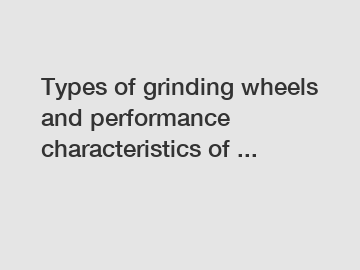Selecting the best type of paint brush depends on several factors, including the type of paint you're using, the surface you're painting, and your personal preferences. Let's explore some key considerations to help you make an informed decision:
Brush Bristle Material
Natural Bristle Brushes: These brushes are typically made from animal hair, such as hog or ox hair. They are best suited for oil-based paints, varnishes, and stains. Natural bristle brushes provide excellent paint pickup and smooth application, making them ideal for projects requiring a traditional finish.
Synthetic Bristle Brushes: Made from nylon or polyester, synthetic bristle brushes are suitable for water-based paints, such as latex or acrylic. They are durable, easy to clean, and maintain their shape well over time. Synthetic brushes are often preferred for projects requiring precision and control, as they provide smoother and more consistent coverage.
Brush Shape and Size
Flat Brushes: Flat brushes have a square edge and are ideal for painting large, flat surfaces, such as walls, doors, and furniture. They hold a significant amount of paint and are suitable for both cutting in and filling in larger areas quickly.
Angled Brushes: Angled brushes have slanted bristles, which make them suitable for cutting in and painting edges with precision. They are ideal for trim work, corners, and tight spaces where a straight edge is needed.

Round Brushes: Round brushes have a tapered, rounded shape, making them suitable for detailed work, such as painting trim, molding, or intricate designs. They are versatile and can be used for both broad strokes and fine lines.
Size Considerations: Choose the appropriate brush size based on the surface you're painting and the level of detail required. Larger brushes cover more significant areas quickly, while smaller brushes provide greater control and precision for intricate work.
Explore more:How to choose a roller for painting? | by Gsb painttoolsWhich synthetic filament paint brushes are best?Key Questions to Ask When Ordering Quality Natural Paint BrushesKey Questions to Ask When Ordering American Putty KnivesHow Changing the Color of Furniture RevolutionizesYour Space?Fence paint sprayer. Advice needed.Unleash the Benefits of Using Stencils for Wall PaintingHandle Design
Short Handle Brushes: Short handle brushes are suitable for projects where close control and precision are required, such as detailed painting or touch-ups. They provide better maneuverability and are easier to handle for extended periods.
Long Handle Brushes: Long handle brushes are ideal for painting larger surfaces or reaching high areas, such as ceilings or tall walls. They provide better leverage and allow for comfortable painting from a distance.
Quality and Durability
Choose high-quality paint brushes made from durable materials to ensure longevity and optimal performance. Look for brushes with sturdy bristles, securely attached ferrules, and well-designed handles. Investing in quality brushes may cost more initially but can save you time and money in the long run by providing better results and lasting durability.
Personal Preferences
Ultimately, the best type of paint brush for your project depends on your personal preferences, painting style, and the specific requirements of the task at hand. Experiment with different brush types, sizes, and materials to find the ones that work best for you and your projects.
Conclusion
In conclusion, selecting the best type of paint brush involves considering factors such as bristle material, shape and size, handle design, quality, durability, and personal preferences. By choosing the right brush for your project, you can achieve better results, smoother application, and enhanced control and precision. Take the time to explore different options and experiment with various brush types to find the perfect fit for your painting needs.
Explore more:Spray Painting Best PracticesWhat's the Best Fence Paint Spray Gun?Revolutionizing Construction: How Concrete Spatulas Are Changing the Game?Ah yes, back to normal.........Chinese buy SK Tools5 Reasons Why Stencils Are Better Than Wallpaper!The best electric screwdrivers: Expert testedCordless Garden Tools











Comments
Please Join Us to post.
0